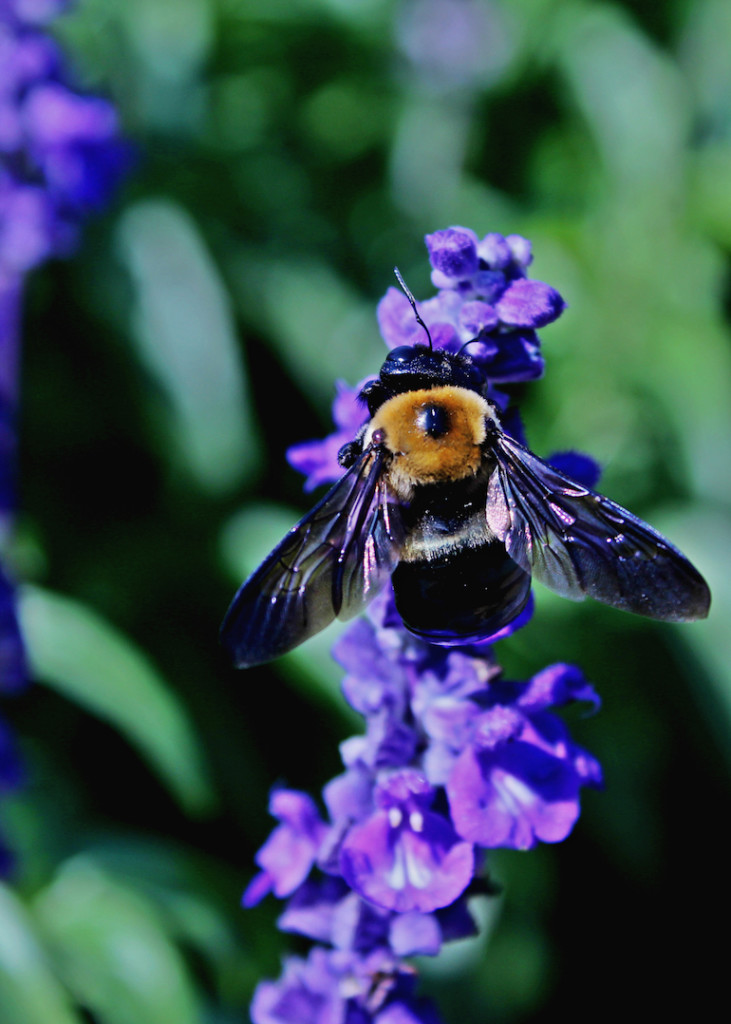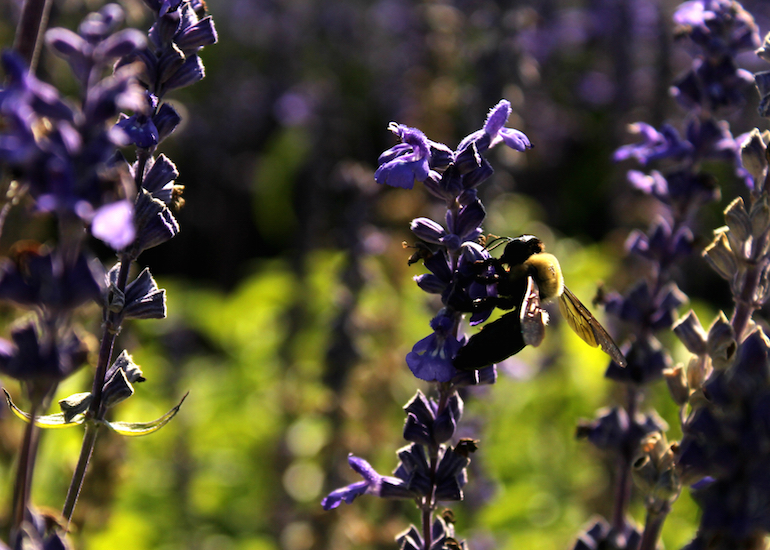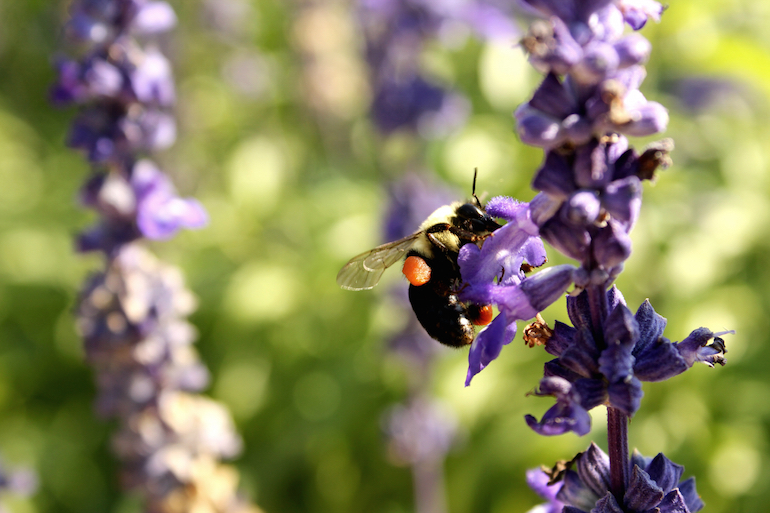The Scenario
Imagine waking up to the crisp, fall air. You’re in the kitchen spreading creamy, earthy-green avocado over a warm piece of sprouted grain, Ezekiel bread. To go with it, you slice open a sweetly satisfying, Instagram-worthy piece of watermelon. Reaching to dive in to your mouthwatering plate of food, you realize life is good right now.
The Problem
What if I said you couldn’t have that picturesque avocado? Or if I took away the watermelon that eases your sweet tooth’s demands? The scenario would be incomplete. And to be honest, you probably wouldn’t like me very much. But why am I taking away these things? It’s because of that bee you killed with your old Vogue magazine last week.
Bee
A flying insect closely related to wasps and ants, known for pollination and their production of honey and beeswax. These little creatures are essential to our ecosystem, and in recent years studies, like this one, have proven that their numbers have been severely decreasing because of common pesticides many people use.

Photo by Cassandra Bauer
Let’s break this down with some basic economics (I know, I know — refrain the eye rolls). As the bee population has dropped, human demand for bee products have risen. Demand is higher than supply, therefore prices rise. But what happens when prices can’t rise because there aren’t any products to supply? This brings me to a question that naturalist Chris Packham also wonders — would we starve without bees?
The Solution
Whether you’d miss cutting open your morning avocado, receiving that fresh bouquet of flowers from your significant other, or buying fresh fruit and vegetables, I think we can all agree that we want bees. But we not only want them, we need them in order to live and have the things that make us happy.
In order to produce more Spoon articles and foodgasmic posts on social media, we need to do something different. We need to “bee” a change (pun intended).

Photo by Cassandra Bauer
So how can you make a change? Being informed about this problem is the easiest thing someone can do. Consistently learning and being aware of what’s happening in regards to the bee decline is crucial. And yes, it’s even more important than Cosmo’s sex & love advice (at least sometimes).
We, as a nation, are capable of making the following three changes:
- Banning the use of dangerous “pesticide cocktails,” a term used to describe the various insecticides used on crops.
- Preserving the habitat that cultivates bee pollination, which includes a diverse ecosystem with many types of flowers.
- Restoring the use of ecological farming, which encourages diverse products and create globally sustainable land management systems.
If you’re sitting in some cozy coffee shop or living room right now (with pumpkin spice beverage in hand), you may be questioning how you could do any of those things. But fear not, because you don’t directly have to. Many non-profit organizations are in the process of making all of those changes for us.

Photo by Cassandra Bauer
What I’m asking is for you to consider spending your pennies this month on one of the many bee activist programs instead of Halsey’s new album release this fall or that new infinity scarf. But most of all, be aware of the issue.

